At Doha College in Qatar, a student from the schools Eco Committee had the idea of creating more vegetarian options at the school cafeteria. This idea led to multiple activities and campaigns that all had the mission to make students more aware of their “food print” and at the same time encourage them to choose more low carbon food options.
Story provided by Ruba Hinnawi, Doha College – Qatar
25 % of the Qatari children are overweight and 17 % of the adult population has diabetes. This, along with the fact that Qatar only produces 27 % of the food they consume, makes it an important need to bring the Qatari youth closer to the food they eat and help them understand the connections between their diet and health, as well as the impact their food habits have on the environment.
The Eco Committee at Doha College showed great initiative to accomplish this when they helped bring the school’s attention to its “food print” and encouraged the school to have more vegetarian options at school and at home. In collaboration with a local business, the school even opened a vegan tuck shop at the school cafeteria. Lasitha Edirisinghe, Eco School Prefect describes the vegan café:
“‘After the Eco School campaigns, and the free tasting sessions that we organised, people starting going there for lunch much more often. By the end of the first year, more and more people were going there, partly because we were more aware that it was better for the environment, but also because the food just tasted really good!!
”
The school came up with many different ideas to spread awareness about the impact that our eating habits have on the environment. They organised different competitions to promote sustainable food habits and initiated a Green Day that included different green activities, one being food stalls with either high carbon or low carbon snacks where the prices reflected the items’ different carbon emission based on a specific tax on the high carbon food.
The school’s Eco Committee also sent out surveys to the students to review their willingness to consume less meat. Afterwards, the school launched Meatless Mondays which lead to Meatless May, where they used the school’s social media platforms to encourage the students and their families to continue the sustainable food lifestyle while they were confined to their homes due to COVID-19.
Other activities related to the school’s sustainable food initiatives were trips to local farms where the students had the opportunity to learn about what it takes to produce food.
As a part of Qatar Sustainability week, the school also implemented different green activities that were open to parents and community members. Almost 1,000 students from primary to high school participated in the activities. Brian Kerr, Eco-School Coordinator describes the impact here:
“Students in Doha College are now highly cognisant of the food industry, its impact on the environment, and how they themselves have agency in the consumer decisions that they make”

